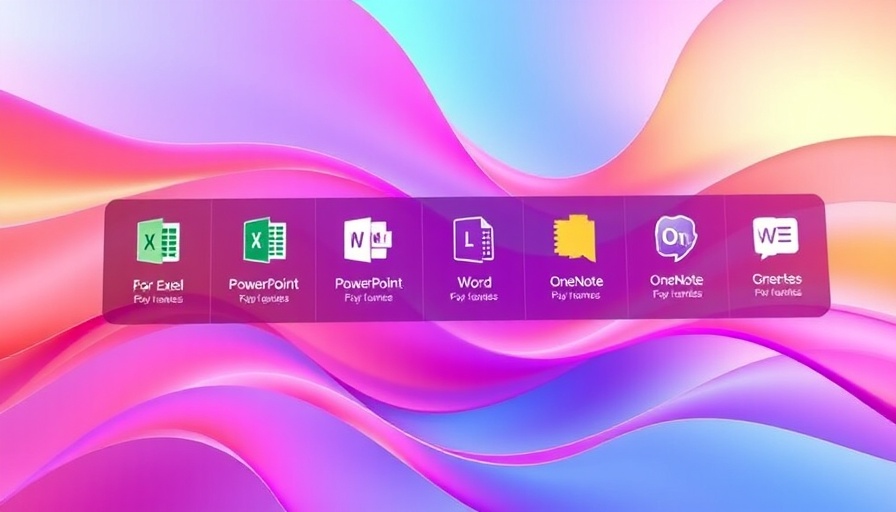
Why Copilot Matters in Today’s Computing Landscape
As technology continues to advance at a staggering pace, tools like Microsoft's Copilot are becoming indispensable. Launched to streamline user interactions with Windows, this AI tool assists with a variety of tasks, from managing files to integrating seamlessly with other Microsoft applications. However, its recent absence exposes both the reliance users have on AI assistance and the critical nature of keeping software updated.
The Trouble with Updates: Lessons Learned
In the world of software, updates are a double-edged sword. While they bring new features and improvements, they can also introduce bugs or even remove essential tools, as seen with the accidental uninstalling of Copilot following the KB5053598 update. Such incidents underscore the importance of having a robust update process.
This wasn’t an isolated incident; the same update caused issues with visual elements in certain wallpaper applications. It highlights how even major players like Microsoft can misstep—reminding users that technology is a work in progress, and patience is often necessary.
Security Concerns: The Silver Lining of Regular Updates
Despite the hiccup with Copilot, keeping Windows PCs up-to-date is crucial, especially in light of recent security patches addressing multiple vulnerabilities, including several critical issues. Updates not only fix bugs but also protect against emerging threats, ensuring that users' devices remain safe and secure.
As threats evolve, maintaining updated software acts as the first line of defense in cybersecurity. Users should consider setting their systems to automatically install updates to minimize risks, even if that means occasionally facing unforeseen issues.
What Does Copilot's Return Mean for the Future?
With Copilot restored, users can once again leverage its capabilities to enhance productivity. However, this incident serves as a reminder for Microsoft and other tech companies to emphasize stability and reliability in their updates. Transparency about the update process and the potential impacts on users is just as vital.
The future of AI integration within operating systems will likely hinge on such experiences. As advancements continually reshape the technological landscape, user feedback and developer responsiveness will play key roles in shaping how tools like Copilot evolve.
Final Thoughts: Your Role as a User
Ultimately, users can take an active role in shaping their software experiences. This incident is not merely about technology; it’s about how we engage with it. Being proactive—ensuring updates are managed effectively, providing feedback to developers, and staying informed about changes—can help improve overall user satisfaction. The tech industry thrives on user interaction and feedback; when users engage more deeply, they can influence the direction that tools like Microsoft Copilot take in the future.
In conclusion, while the hiccup surrounding Copilot's removal was inconvenient, it highlights the essential role of AI in modern computing. It’s a reminder for all users to keep their systems updated while also advocating for better tech experiences.
 Add Row
Add Row  Add
Add 




 Add Row
Add Row  Add
Add 

Write A Comment